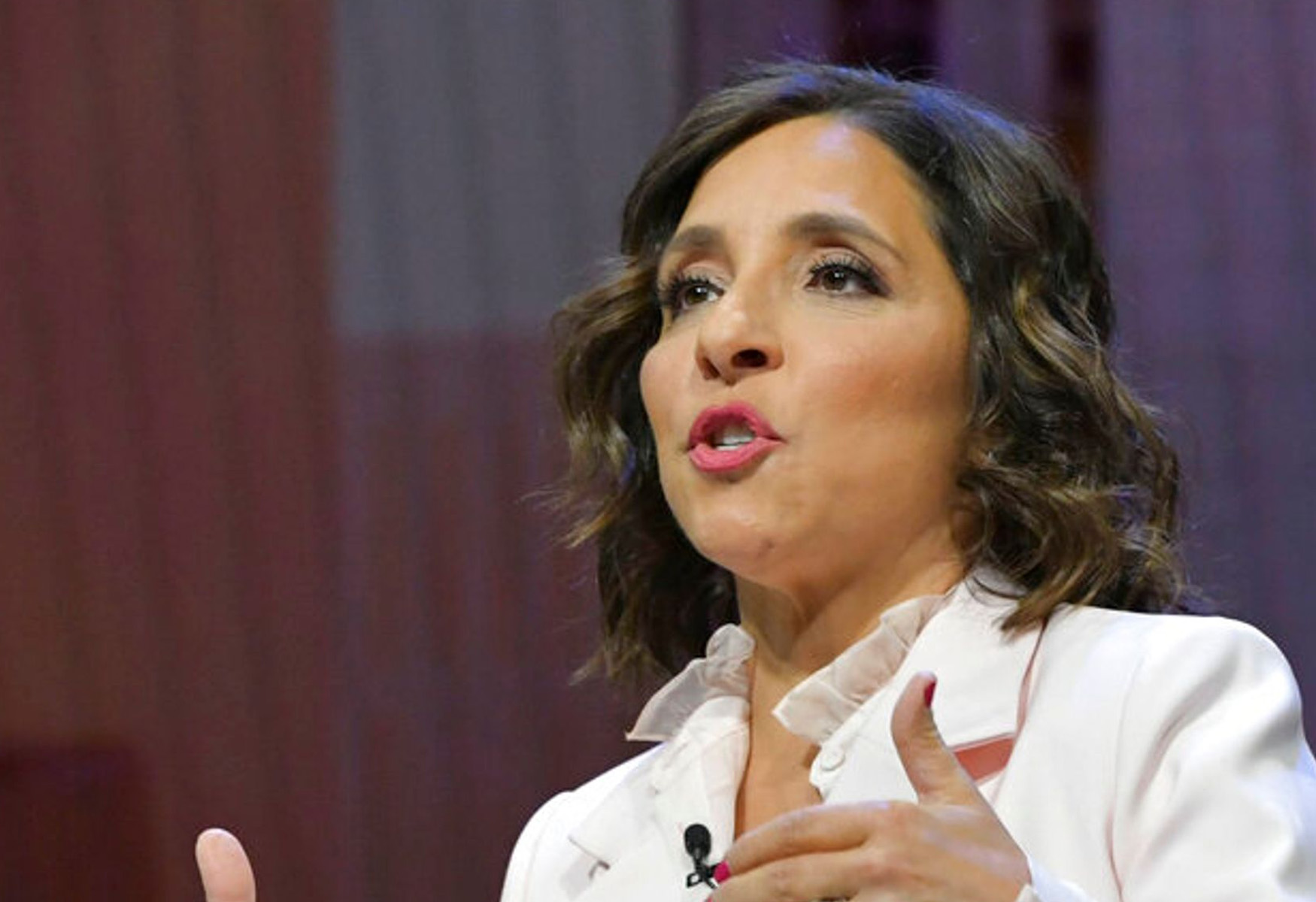The European Union (EU) has sent formal requests for information to Meta and TikTok under the Digital Services Act (DSA) regarding their response to the Israel-Hamas war. The EU has expressed concerns about the presence of illegal content and disinformation on social media platforms in the aftermath of the conflict.
Key Takeaway
Meta and TikTok have been requested by the EU to provide information about their response to the Israel-Hamas war under the Digital Services Act. The requests are part of the EU’s efforts to ensure compliance with regulations regarding illegal content and disinformation on social media platforms. Failure to comply could result in significant fines and access restrictions in the EU market.
EU’s Requests for Information
The European Commission, responsible for overseeing the compliance of Very Large Online Platforms (VLOPs) and search engines (VLOSEs) with the DSA, has already requested information from X (formerly Twitter) about its compliance with the DSA requirements. The Commission has also issued warnings to Meta, TikTok, and YouTube. However, no formal request has been sent to YouTube thus far.
Regarding Meta, the Commission has raised concerns about its approach to election security. The Commission has asked Meta to provide details about the measures it has taken to comply with DSA obligations related to election integrity and the dissemination of illegal content and disinformation in the wake of the terrorist attacks by Hamas in Israel.
TikTok has been asked to provide information about its compliance with DSA obligations related to the spreading of illegal and violent content, hate speech, and disinformation. The request also addresses compliance with other elements of the DSA, especially online child protection.
Potential Consequences for Non-compliance
The failure to comply with the DSA could result in significant fines for the platforms, up to 6% of their annual global turnover. Furthermore, the EU has the power to block access to services that repeatedly violate the DSA rules. Compliance for digital services with less than 45 million monthly active users will become mandatory in early 2024.
EU’s Recommendations and Challenges
Yesterday, the EU’s executive published recommendations for Member States regarding the DSA enforcement. The Commission urged Member States to designate independent authorities to form part of the Digital Services Coordinators (DSC) network before the official deadline. This move suggests that the Commission is seeking reinforcement for its oversight role amid numerous geopolitical events.
The DSA requires platforms to respond diligently to threats posed by illegal or harmful content while respecting fundamental rights such as freedom of expression. The enforcement of the DSA is expected to be a delicate balancing act. The Commission has also reminded Member State agencies of existing powers to tackle illegal content and is encouraging VLOPs and VLOSEs to establish incident protocols for extraordinary circumstances.
The Commission’s efforts indicate its struggle to streamline the response from tech giants to the violence in the Middle East in a coordinated manner. The objective is to ensure a more effective and unified approach in addressing the presence of illegal content and disinformation on social media platforms.

























